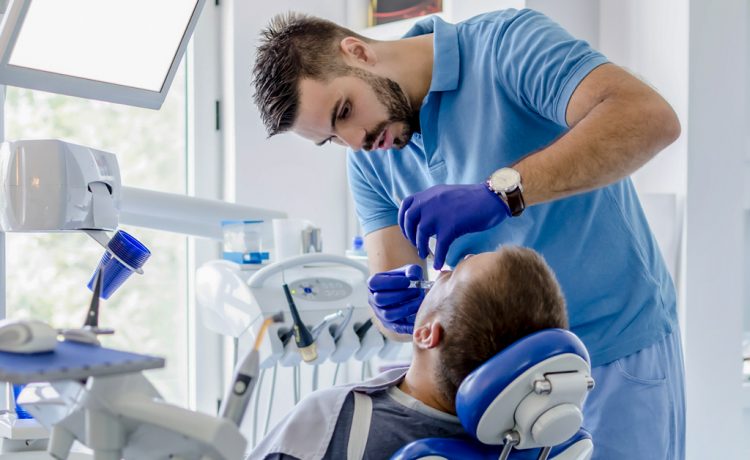Coronectomy as an alternative to the extraction of your wisdom teeth.
 1030913176
1030913176Wisdom teeth, which are usually the last teeth to grow, are frequently associated with impacting which causes discomfort and pain to affected persons necessitating their removal. These sets of molars are located at the back of the mouth which leaves them with inadequate space for eruption and hence the occasional associated problems with which it comes. Initially, Simply entrusting an old school dentist with your wisdom teeth removal was the only choice many patients had to go with, however, there are other options at the moment which may be preferable to their removal. Coronectomy, for instance, is an alternative to extraction which is furthermore considered to be safer for individuals above the age of 40 compared to wisdom teeth extraction.
The procedure for conducting a Coronectomy.
Unlike standard extraction procedures that involve the removal of the whole tooth, Coronectomy simply removes the crown of the tooth and leave the wisdom tooth roots intact in your jaw. Therefore, this procedure is usually not the best choice for you if the root of the tooth in question is infected however other factors which include the probability of damaging nerves during extraction and age may make it the best option to pursue. There are situations when the roots of these teeth are close to the IAN (Inferior Alveolar nerve) or the LN (Lingual Nerve) which significantly increases the risk of nerve damage if extraction is chosen. This makes this Coronectomy alternative the best choice to avoid possible loss of taste or speaking in the event nerves are tampered with.
Which patients are well suited for the procedure?
Usually, your dentist will advise on whether it is the best choice for your condition after conducting various relevant tests, however, it is generally recommended when the roots of the tooth to the extracted are too close to the nerves. Coronectomy is preferred in such instances to avoid possible nerve damage however as mentioned earlier is not advisable if the tooth is infected, the tooth is impacted horizontally along the IAN or mobility of the tooth is discovered.
Research has furthermore revealed the Coronectomy is suitable for patients beyond the age of 40 considering patients above this age have an increased risk of nerve damage compared to their younger counterparts. Additionally, extraction of these wisdom teeth from younger patients before their full formation of the roots will not only prevent issues to do with nerve damage but also prevent possible damage of adjacent teeth as they form.
What to expect after a Coronectomy procedure?
It is expected that after the procedure you may experience some discomfort and swelling although this discomfort is significantly less compared to what you will experience after extraction. Your dentist will, however, advise on medication to use for any pain and antibiotics to prevent infection from occurring. All in all, you should visit the dentist as soon as possible if you experience excessive bleeding, a lot of pain and any signs of infection after the Coronectomy procedure as well as any other dental procedure.












